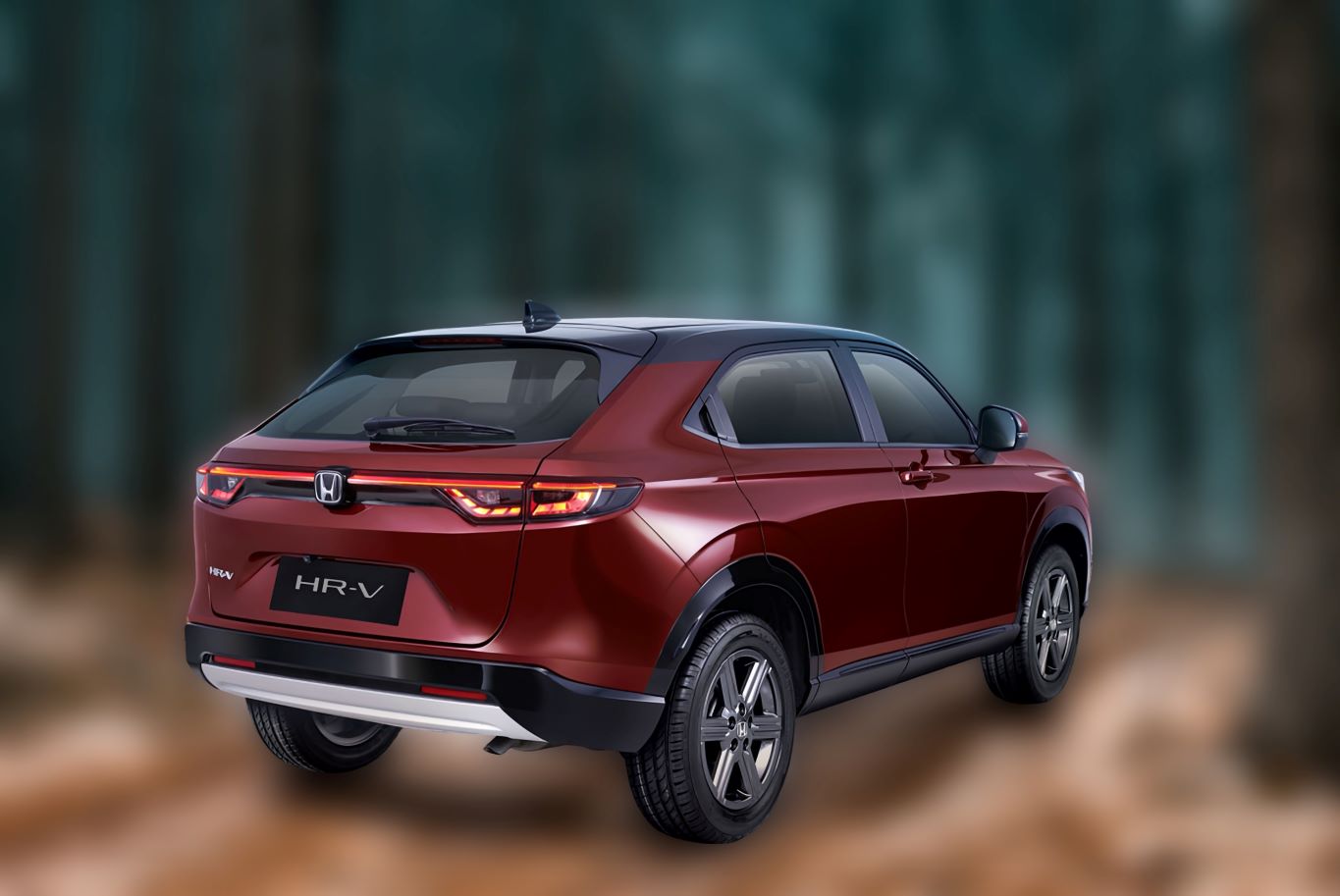In the highly competitive landscape of the automotive industry, few names stand out as prominently as Toyota Motors. Renowned for its commitment to quality, innovation, and reliability, Toyota has become a global leader in automobile manufacturing. However, success in this industry is not achieved in isolation. Competitors continually challenge Toyota’s dominance, pushing the boundaries of innovation and efficiency. In this comparative analysis, we delve into the intricacies of Toyota Motors and its performance relative to key industry rivals.
1. Overview of Toyota Motors
Toyota Motors Corporation, founded in 1937 by Kiichiro Toyoda, has grown into one of the world’s largest automobile manufacturers. Headquartered in Toyota City, Japan, the company boasts a diverse portfolio of vehicles ranging from compact cars to full-size trucks and hybrids. With a strong emphasis on quality and innovation, Toyota has earned a reputation for reliability and durability, traits that have contributed significantly to its success.
1.1. Strengths of Toyota Motors
- Quality Management: Toyota’s renowned Toyota Production System (TPS), also known as Lean Manufacturing, emphasizes continuous improvement and waste reduction, resulting in higher quality products and streamlined processes.
- Innovation: Toyota has been a pioneer in hybrid technology with its Prius model, showcasing its commitment to environmental sustainability and technological advancement.
- Global Presence: With operations in over 170 countries and regions, Toyota has established a formidable global footprint, enabling it to cater to diverse markets effectively.
- Brand Reputation: Toyota’s brand image is synonymous with reliability and durability, instilling trust and loyalty among consumers worldwide.
1.2. Challenges Facing Toyota Motors
- Competition: Toyota faces intense competition from both traditional automakers and new entrants, leading to pricing pressures and the need for continuous innovation.
- Regulatory Environment: Stringent emissions regulations and evolving safety standards present challenges for Toyota in terms of compliance and adaptation.
- Supply Chain Disruptions: Global events such as natural disasters and geopolitical tensions can disrupt Toyota’s complex supply chain, affecting production and distribution.
2. Key Competitors of Toyota Motors
While Toyota enjoys a dominant position in the automotive industry, several formidable competitors continually vie for market share and consumer attention. Let’s explore some of the key rivals challenging Toyota’s supremacy:
2.1. Volkswagen Group
Based in Wolfsburg, Germany, Volkswagen Group is one of the world’s largest automobile manufacturers, with brands such as Volkswagen, Audi, Porsche, and Lamborghini under its umbrella. Volkswagen’s diverse portfolio, ranging from affordable compact cars to luxury vehicles, enables it to cater to a broad spectrum of consumers globally. The company’s emphasis on engineering excellence and technological innovation poses a significant challenge to Toyota in various market segments.
2.2. General Motors (GM)
Headquartered in Detroit, Michigan, General Motors is a leading American automaker with a rich history spanning over a century. With iconic brands like Chevrolet, GMC, Cadillac, and Buick, GM commands a considerable presence in the North American market and beyond. The company’s strategic focus on electric vehicles (EVs) and autonomous driving technologies underscores its commitment to future mobility solutions, presenting a formidable challenge to Toyota’s leadership in innovation and sustainability.
2.3. Ford Motor Company
Another American automotive giant, Ford Motor Company, has been a dominant force in the industry since its founding in 1903. Known for popular models such as the Ford F-Series trucks and Mustang sports car, Ford has a loyal customer base and a strong brand presence globally. The company’s investments in electric and autonomous vehicles, coupled with its manufacturing prowess, position it as a formidable competitor to Toyota in key market segments.
2.4. Hyundai Motor Company
South Korea-based Hyundai Motor Company has emerged as a major player in the global automotive industry, offering a wide range of vehicles renowned for their value, quality, and performance. Hyundai’s competitive pricing, coupled with its focus on fuel efficiency and technological innovation, presents a significant challenge to Toyota, particularly in the compact and midsize car segments. Additionally, Hyundai’s subsidiary, Kia Motors, further strengthens its competitive position with its own lineup of vehicles.
3. Comparative Analysis: Toyota Motors Versus Industry Rivals
In this section, we conduct a comparative analysis of Toyota Motors and its key competitors across various dimensions, including financial performance, product innovation, market share, and sustainability initiatives.
3.1. Financial Performance
Toyota Motors: Despite challenges such as the global semiconductor shortage and fluctuating raw material prices, Toyota has demonstrated resilience in its financial performance. The company’s robust sales figures, coupled with efficient cost management and strong cash reserves, have enabled it to weather economic uncertainties and maintain profitability.
Volkswagen Group: Volkswagen’s financial performance has also been impressive, buoyed by strong sales in key markets such as China and Europe. However, the company continues to grapple with the fallout from the diesel emissions scandal, which has resulted in substantial fines and reputational damage.
General Motors: General Motors has shown resilience in its financial performance, driven by robust demand for its trucks and SUVs in the North American market. The company’s strategic focus on electric vehicles and emerging mobility solutions has positioned it for future growth despite challenges such as supply chain disruptions and labor disputes.
Ford Motor Company: Ford’s financial performance has been mixed, with the company facing headwinds from the global semiconductor shortage and escalating production costs. However, Ford’s aggressive push into electric vehicles and strategic partnerships with tech companies signal its commitment to future mobility solutions and long-term growth.
Hyundai Motor Company: Hyundai has demonstrated solid financial performance, leveraging its strong presence in key markets such as the United States and China. The company’s focus on electrification and hydrogen fuel cell technology underscores its commitment to sustainability and innovation, driving future growth prospects.
3.2. Product Innovation
Toyota Motors: Toyota has a long history of innovation, with breakthroughs such as the Prius hybrid and Mirai fuel cell vehicle showcasing its commitment to environmental sustainability. The company’s Toyota New Global Architecture (TNGA) platform enables it to develop vehicles more efficiently and cost-effectively, enhancing both performance and safety.
Volkswagen Group: Volkswagen has made significant strides in electric mobility, with models like the ID.3 and ID.4 targeting the growing demand for zero-emission vehicles. The company’s modular electric platform (MEB) enables it to scale production and drive down costs, positioning Volkswagen as a leader in the transition to electric mobility.
General Motors: General Motors’ commitment to electric vehicles is evident in its ambitious plans to launch 30 new electric models by 2025 under the Ultium platform. The company’s advanced driver-assistance systems (ADAS) and Super Cruise autonomous driving technology further underscore its commitment to innovation and safety.
Ford Motor Company: Ford’s electrification strategy centers around its Mustang Mach-E electric SUV and F-150 Lightning electric pickup truck, targeting both consumer and commercial markets. The company’s investments in battery technology and vehicle connectivity reflect its vision for a sustainable and connected future.
Hyundai Motor Company: Hyundai has positioned itself as a leader in hydrogen fuel cell technology, with models like the Nexo showcasing the potential of this zero-emission technology. The company’s Electric-Global Modular Platform (E-GMP) underpins its electric vehicle lineup, offering enhanced performance and range.
3.3. Market Share
Toyota Motors: Toyota remains a dominant force in the global automotive market, with a
strong presence across multiple regions and segments. The company’s diverse product portfolio and reputation for quality and reliability continue to resonate with consumers, driving sustained demand for its vehicles.
Volkswagen Group: Volkswagen commands a significant market share in Europe, particularly in countries such as Germany and the United Kingdom. The company’s diverse brand portfolio enables it to cater to diverse consumer preferences, enhancing its competitiveness in key markets worldwide.
General Motors: General Motors maintains a leading position in the North American market, with strong sales of its trucks and SUVs driving profitability. The company’s focus on electric vehicles and emerging mobility services positions it for future growth and market expansion beyond traditional automotive offerings.
Ford Motor Company: Ford’s strong presence in the United States, coupled with its iconic brand image and loyal customer base, contributes to its market share leadership in key segments such as trucks and SUVs. The company’s emphasis on electric vehicles and mobility solutions underscores its commitment to future growth and sustainability.
Hyundai Motor Company: Hyundai’s global market share has steadily increased in recent years, driven by strong sales in markets such as the United States, China, and India. The company’s diverse product portfolio and focus on innovation and value proposition continue to resonate with consumers worldwide.
3.4. Sustainability Initiatives
Toyota Motors: Toyota has been a pioneer in sustainable mobility, with initiatives such as the Toyota Environmental Challenge 2050 aiming to reduce carbon emissions and promote environmental conservation. The company’s investments in hybrid and fuel cell technology underscore its commitment to sustainable transportation solutions.
Volkswagen Group: Volkswagen has committed to becoming a carbon-neutral company by 2050, with ambitious targets to reduce carbon emissions across its entire value chain. The company’s electrification strategy and investments in renewable energy further demonstrate its commitment to environmental sustainability.
General Motors: General Motors has pledged to achieve carbon neutrality in its global products and operations by 2040, with initiatives such as the Ultium platform driving the transition to electric mobility. The company’s focus on renewable energy and sustainable manufacturing practices align with its vision for a more sustainable future.
Ford Motor Company: Ford has set ambitious targets to achieve carbon neutrality in its operations by 2050, with investments in electric vehicles and renewable energy driving its sustainability agenda. The company’s commitment to sustainable materials and circular economy principles further underscores its environmental stewardship.
Hyundai Motor Company: Hyundai has prioritized sustainability across its operations, with initiatives such as the Hydrogen Vision 2040 aiming to establish a hydrogen society and promote clean energy solutions. The company’s investments in electric vehicles and renewable energy underscore its commitment to reducing carbon emissions and combating climate change.
Conclusion
In conclusion, Toyota Motors remains a formidable force in the automotive industry, leveraging its strengths in quality, innovation, and global reach to maintain a competitive edge. However, the company faces significant challenges from key rivals such as Volkswagen Group, General Motors, Ford Motor Company, and Hyundai Motor Company, each of which brings its own strengths and capabilities to the table. As the automotive industry continues to evolve with advancements in technology, sustainability, and consumer preferences, the competitive landscape is likely to undergo further transformation. Ultimately, the companies that can adapt and innovate effectively will be best positioned to thrive in this dynamic environment.




